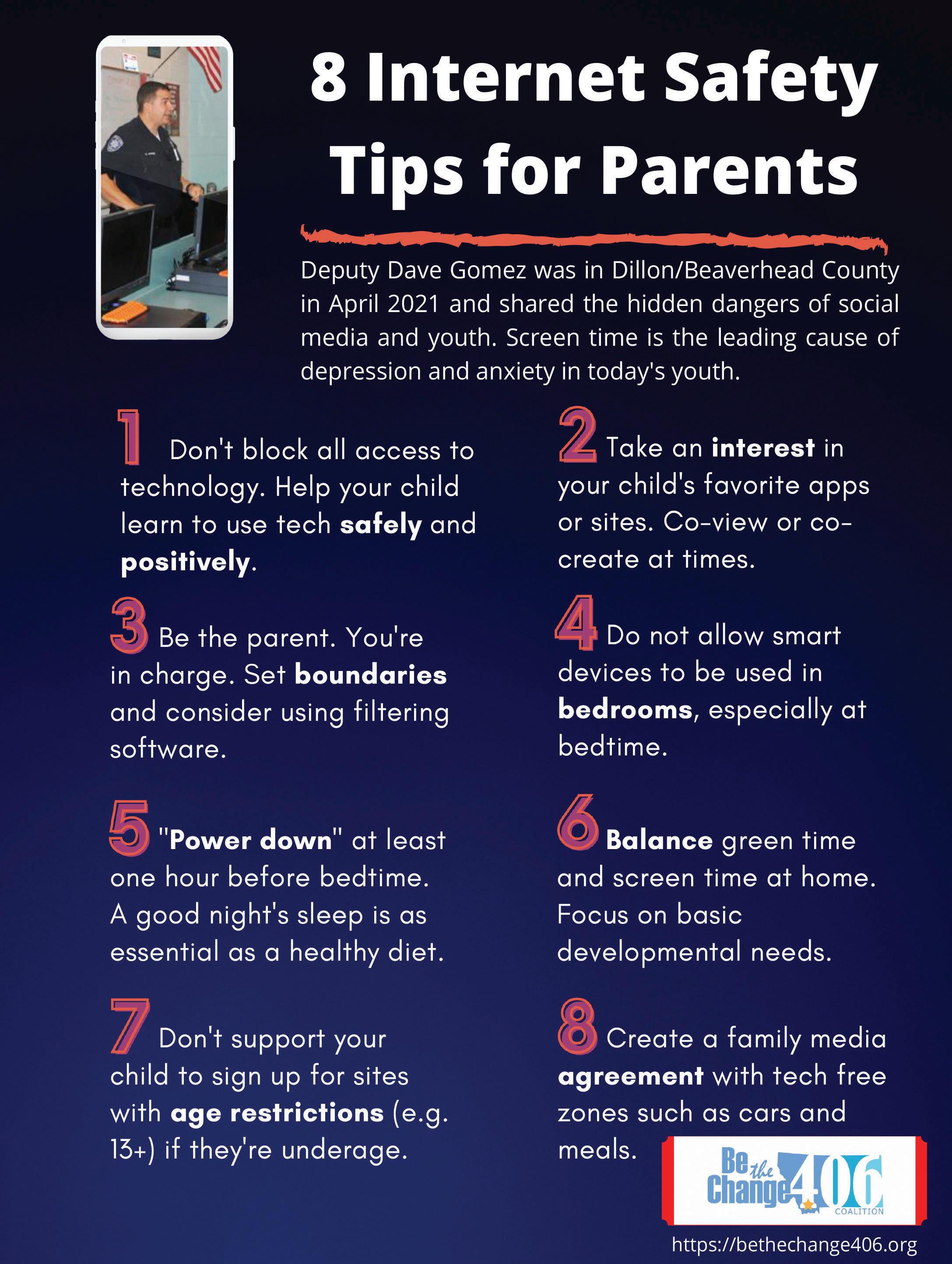
3 minute read
When to Seek Help
when to
SEEK HELP
By KELLY ACKERMAN, LCPC
Emotional struggles throughout life are normal no matter what age a person is. There are times when these emotional struggles are magnified or even more prevalent, often taking parents by surprise such as entering and navigating adolescence, major changes in life are occurring, or experiencing the struggles of important people around them. The pandemic, naturally, has heightened emotional struggles with increased necessity for isolation, adaptation to new routines, changing schedules and expectations, and the quick and continued fluctuations within schools and parental work demands. This has created increased need for support for young people both from their parents and from mental health systems.
Throughout these changes, much can be done within the home to support the mental and emotional needs of kids. The key to providing that support is increased patience and compassion which, for parents who are facing the same kinds of challenges, can be very difficult. However, the safety of home and the parental relationship is a primary source of emotional organization and stability for children and teens. Making the struggle normal and listening with compassion are key components, no matter what the phase of life or the struggle. Additionally, recognizing and verbally affirming all the moments a child is doing well supports their motivation and their overall resilience to overcome challenges.
Shifting the focus to when a child is successful at completing a homework assignment, getting up on time and to school even when it was clear there was no enthusiasm, and talking out their feelings supports their progress and their motivation to continue doing exactly what is expected of them. However, it is still vital that children have structure and limits that are supportive for their development. For example, it remains a reasonable expectation for kids to complete homework, contribute to the family with chores, and respect limits for screen use. It can be even harder to uphold these limits. Yet, when a parent can calmly, firmly and compassionately uphold rules and expectations, a child’s sense of safety is enhanced knowing that someone is still caring for them. Finally, parents’ engagement in their own needs for self-care, taking a deep breath and self-compassion are often the foundation for being available to the kids whose development and emotional stability require safe, compassionate parental support.
Still, there are times when it is important to seek additional help for children and teens when providing consistent parental care doesn’t seem to be enough. Asking for help can be difficult and humbling while often providing the support needed to move from surviving to thriving. Some things to watch for that are outside of the normal emotional turmoil of growing up include: • Challenges across multiple areas of their life including relationships at
home, academic performance, activities, friendships, work, etc. • Consistent irritability and/or intolerance toward others that lasts for more than a two-week period. • Less satisfaction or interest in previously enjoyable activities. Withdrawal from friends, activities, school, work, etc. • Physical anxious expressions such as twirling or pulling hair, picking at skin, fidgeting or restlessness in hands, arms, legs. • Statements of hopelessness. • Makes self-destructive statements, loses confidence or motivation. • Significant change in sleeping, eating or general activity. • Behavior issues such as explosiveness, aggression, yelling, or refusal. • Talks about or evidences any kind of self-harm. Examples include unexplained scars, bruises or scratches; wearing long sleeves or more conservative clothing to cover marks; weak or unlikely excuses for injuries. • Makes comments like “Nobody would really miss me if I were gone,” “I just want my life to end,” or “I wish I weren’t here anymore.” • Makes specific suicidal statements or comments.
Trust your gut as a parent. You are an expert at knowing what is “normal” for your child. If that changes or is out of line with what you see and expect a child to do at that age, seek assistance and guidance. Reach out to the school counselor, your pediatrician, or mental health professional. And, if you find yourself experiencing these types of indicators, give yourself permission to seek the help you need. The challenging times we currently face magnify our emotional experiences and tax our bodies and brains. Talking to someone who can help is the first step on the journey to healing. ■





